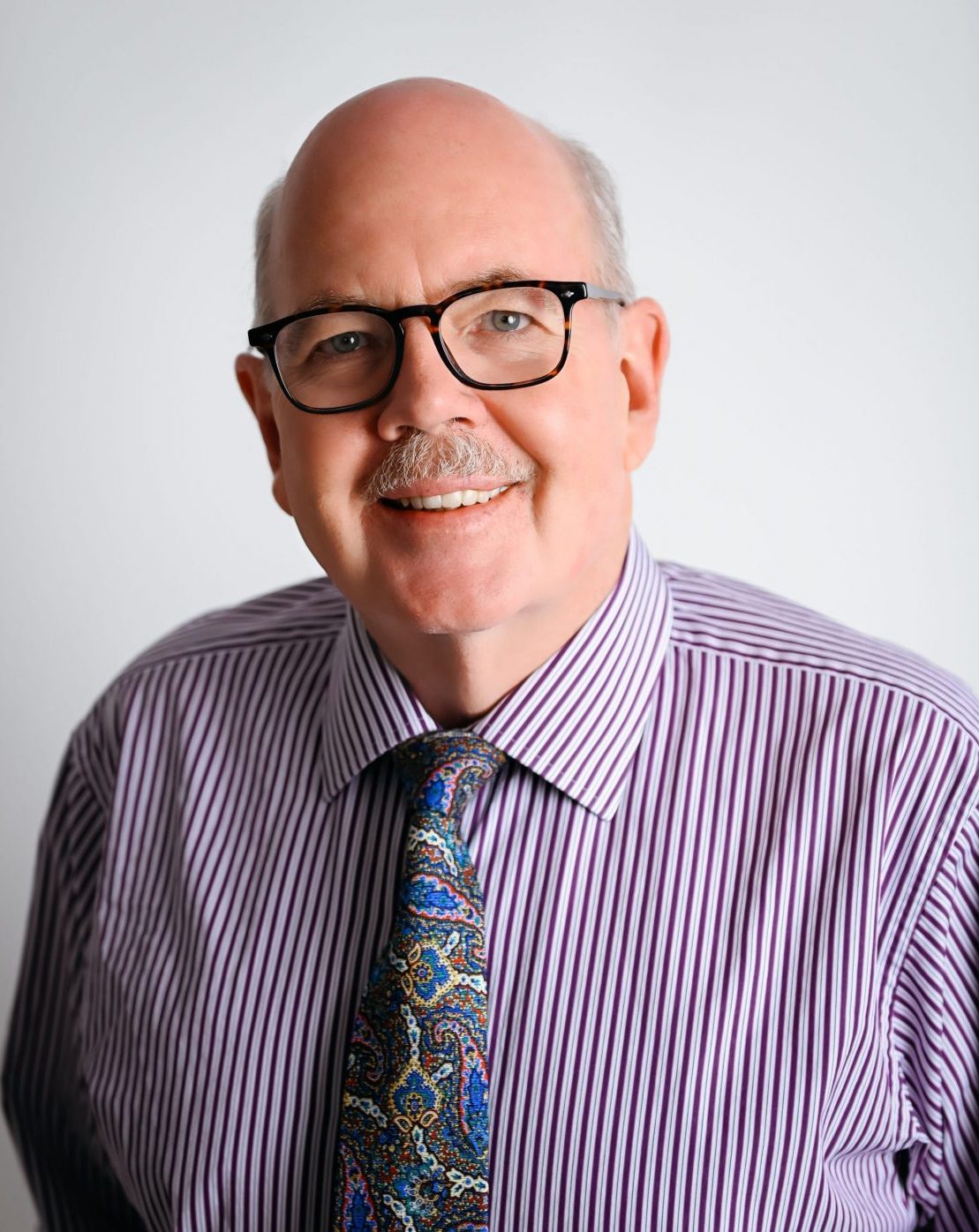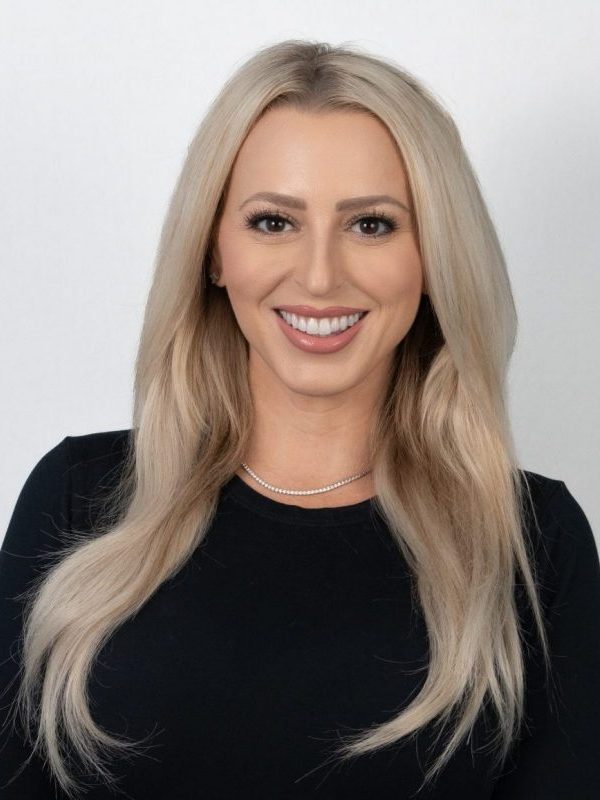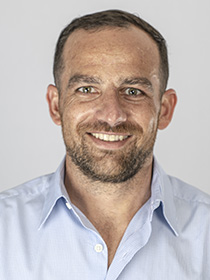Boca Recovery Center – New Jersey Drug & Alcohol Rehab
Drug & Alcohol Rehab in New Jersey
Boca Recovery Center in New Jersey, offers residential addiction treatment to clients in a beautiful setting. In an immersive treatment setting, clients are able to detox from substances of abuse and begin to build a new life in recovery.
Located close to the Jersey Shore, clients receive 24-hour medical care and medication-assisted treatment during medical detox. They can then seamlessly transition to our residential program, where they begin working on the root causes of their addiction in therapy.
Services
At Boca Recovery Center, treatment is focused on medical stabilization and residential treatment. With comprehensive treatment services, professionals help clients to find their footing in early recovery when the risk of relapse is often the highest.
Since clients reside at the treatment facility, they enjoy round-the-clock supervision and support. This allows for an intensive therapeutic experience, which is incredibly important in early recovery.
The medical detox program at Boca Recovery Center in Galloway, New Jersey provides a safe and supervised environment for clients as they work to get substances or alcohol out of their systems. We use a combination of medications and therapy to keep clients as comfortable as possible while they experience withdrawal symptoms.
We don’t recommend rapid detoxes or quitting cold turkey, as these methods can be ineffective, uncomfortable, and even dangerous. Instead, at Boca Recovery Center, you’ll find a safety- and health-focused approach to sobriety. Our expert therapists and clinicians will be by your side throughout every step of your medical detox and tailor treatment to your needs.
If you have been misusing substances for a long time or at high levels, inpatient rehab treatment is the right step for you. It is also the ideal choice if you suffer from co-occurring disorders, such as substance abuse and another mental health disorder, like an eating disorder or depression.
In residential rehab treatment, you’ll have medical support and supervision 24/7. This includes medication management and medical detox services. You’ll also have limited access to substances of abuse, so your chances of relapse are low. You’ll participate in therapy sessions for the majority of your day most days of the week.
With medication-assisted treatment (MAT), you’ll take FDA-approved medications that have been shown to treat certain substance use disorders, such as opioid addiction or alcohol addiction. These medications are used in conjunction with therapy and counseling to support long-term recovery.
At Boca Recovery Center in Galloway, we offer MAT.
The key to managing addiction is changing behavior, but that starts with changing thought patterns. In cognitive behavioral therapy (CBT) sessions, you’ll work to identify damaging thought patterns that lead to negative behaviors, like substance abuse. You’ll also begin to develop coping mechanisms, so you can learn to avoid and manage triggers without turning to substances.
At Boca Recovery Center in Galloway, we offer treatment for co-occurring disorders, including eating disorders and addiction. When co-occurring disorders exist, it’s imperative to treat most conditions at the same time. If you only address one issue, relapse on both fronts is highly likely.
Treatment for eating disorders include medical monitoring to ensure physical stabilization, nutritional counseling, and intensive therapy.
All of our programs at Boca Recovery Center are customized to fit the needs of the individual. We don’t offer a cookie-cutter approach to addiction recovery. As a result, we feature specialized programs, depending on each client’s situation.
Our New Jersey rehab center specializes in treatment programs for substances such as heroin, meth, fentanyl, cocaine, benzodiazepines and more.
We offer abstinence-based treatment here at Boca Recovery Center. If you are worried about how withdrawal might affect you or what the future looks like without substances, we understand. We will guide you through the process and help you see the brighter future ahead.
We offer faith-based services for those who prefer to lean on a higher power via that approach. And we offer family programming, so all your loved ones can heal along with you. Talk to us about our specialized programs today.
While a lot of addiction recovery work takes place in individual therapy, the bulk of work often happens in group therapy. These sessions generally involve a few clients and one treatment professional who guides the group through lessons and discussions. Group members learn from each other, but it’s not the same as peer support group meetings that don’t have a therapist leading the group.
Group therapy may involve various therapeutic approaches, including CBT, dialectical behavior therapy (DBT), trauma-informed therapy, and others.
Some of the top minds in addiction treatment work at our Galloway facility. These professionals work to promote a positive, comfortable environment where clients feel safe and supported throughout the healing process. They are experts in addiction treatment, so you know you are in the best place to recover.
Outpatient addiction treatment programs are more flexible than inpatient programs since patients still reside at home or in another sober living arrangement while attending therapy and treatment sessions. People are able to schedule their counseling sessions around their work, school, or childcare schedules while recovering from addiction.
Facility Staff
What to Expect
In our New Jersey drug and alcohol treatment center, clients live on site and receive continual medical supervision and support. This can be particularly important during the early stages of detox and recovery when the risk of relapse is often highest.
Following physical stabilization, clients transition to our residential treatment program. In therapy sessions, they’ll work on mental health issues that contribute to their substance abuse. They’ll build life skills to help them resist relapse and sustain recovery for the long term.
At Boca Recovery Center in Galloway, we’re proud to offer our clients the very best in addiction treatment. Whether you suffer from a drug or alcohol misuse problem, we can offer you comprehensive and individualized care in our residential treatment program.
We treat addiction to all substances of abuse, including heroin, prescription painkillers and other opioids, alcohol, cocaine, and other substances. We also offer treatment for co-occurring disorders and medication-assisted treatment.
You’ll start your admissions process with a 15-minute phone call that involves a clinical assessment. We’ll discuss your history of substance abuse as well as any other mental health issues you may have. This will help to determine the appropriate level of care for you.
Once we’ve outlined the initial specifics of your care, we’ll make plans to start your treatment. This will involve scheduling an arrival date and arranging transportation to our facility.
We offer inpatient or residential treatment here at our Galloway treatment center. Our 22-bed, luxury facility is located close to the Jersey Shore, and we feature hotel-like accommodations. You’ll enjoy comfortable, private accommodations and access to our lovely amenities.
In our residential treatment program, you’ll participate in state-of-the-art addiction treatment, setting you on the road to a healthier life in recovery.
Residents at our Galloway treatment facility enjoy hotel-like accommodations and amenities. In this luxury facility, clients feel right at home. They can access both indoor and outdoor recreational areas, including a media room and full gym.
Insurance & Payment Options
At Boca Recovery Center New Jersey, we want to make treatment accessible to anyone who needs it. This is why we accept most major insurance plans, including plans from these providers:
- Amerigroup Real Solutions
- Anthem
- Aetna
- Beacon
- Blue Cross Blue Shield
- Carefirst
- Community Healthcare Network
- Humana
- Independence
- Kaiser Permanente
- Tricare
- United Health Group
- Magellan Health
Our financial team makes the process of using your insurance simple. We’ll reach out to your insurance provider and coordinate coverage, so you don’t have to bother with the minute details. We’ll also ensure you fully understand the financial picture before we move forward, including any potential out-of-pocket fees.
We know that insurance doesn’t always cover the full cost of treatment, so we offer various payment options to make it easier to cover out-of-pocket costs. Talk to us about our payment plan offerings, including our financial assistance scholarships. These are decided on an individual basis. CHECK YOUR INSURANCE
What Our Clients Say
I would personally recommend Boca Recovery Center to anyone with loved ones who are struggling with addiction, or even if you are the one struggling yourself. I will go as far as to say that Boca Recovery Center saved my life. Not only getting me away from any substance I was addicted to, but also helped me heal through high quality therapy, along with teaching me how to live a new life sober. Again, I'd recommend this place to ANYONE with the struggle of addiction in your own life or any loved ones.
Kody
The team at Boca Recovery Center in Galloway, NJ, are top notch, you couldn't ask for a more caring and understanding staff. The facility is comfortable and clean. I would highly recommend Boca Recovery. They are truly a blessing!
Lee
Industry trusted and accredited

Location Information
Boca Recovery Center – New Jersey Drug & Alcohol Rehab30 W Jimmie Leeds Rd, Galloway, NJ 08205



